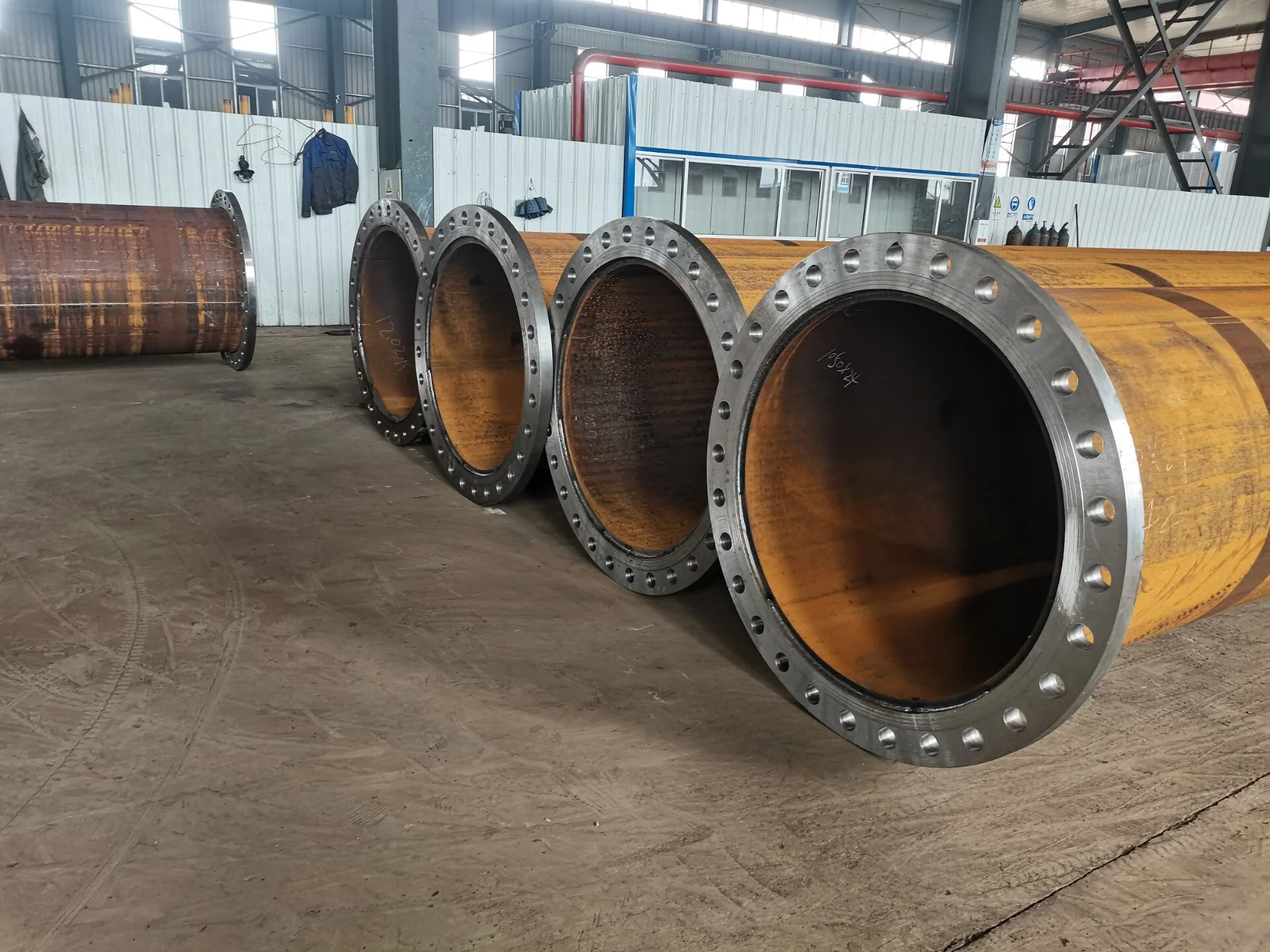The use of longitudinally welded pipes to transport fluids
At present, the proportion of oil and gas transported by longitudinally welded pipes(ERW steel pipe) in the world is increasing, accounting for about 75%-95% of the total oil and gas. At present, the scope of transportation is gradually expanding, not only petroleum and natural gas, but also various chemical industries. Raw materials and products, and the use of longitudinally welded pipes to transport solids has been studied. The development direction of longitudinally welded pipe pipeline transportation points to the direction of large diameter and high pressure.

The use of longitudinally welded pipes to transport fluids has the following advantages
1. The cost of infrastructure is low. Compared with railway transportation, the cost of infrastructure can be saved by one third, and the transportation volume is twice that of railway.
2. Simple construction, fast construction speed, generally laid underground, safe and reliable, and adapt to various terrains.
3. The transportation cost is low, and it can be highly automated. Compared with other transportation methods, the longitudinal welded pipe transportation is the cheapest, and the freight is only one-tenth of the railway and about one-half of the waterway.
What are the characteristics of welded pipe compared with seamless steel pipe?
1. The production process is simple.
2. Less equipment, simple structure, light weight, easy to realize continuous, automatic and mechanized production.
3. Low product cost.
4. It is suitable for a wide range of varieties and specifications, with a diameter of 6-3100mm and a wall thickness of 0.3-35mm. Forming and welding are the basic processes of welded pipe production. Welded pipe production methods are classified according to the characteristics of these two processes.






